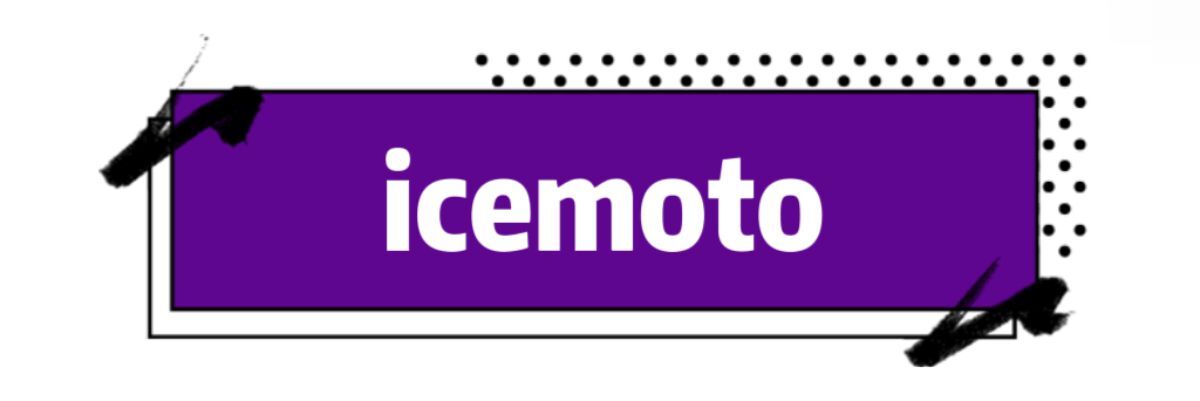Essential Guide to Hyundai/Kia Oil Seal Issues & Solutions
When it comes to maintaining your Hyundai or Kia vehicle, one critical component that often gets overlooked is the oil seal. Although it might seem like a minor part, oil seal issues can lead to major problems if not addressed promptly. In this essential guide, we will explore common oil seal issues faced by Hyundai and Kia owners, along with expert opinions and actionable solutions.
Understanding Oil Seals and Their Importance
Oil seals, also known as fluid seals, protect critical engine components from oil leaks, contaminants, and dirt. They are vital for ensuring the longevity and performance of your vehicle. According to renowned automotive engineer Greg Murphy, "An oil seal's primary function is to keep unwanted elements away from lubricated parts, which is crucial for engine health." Without a properly functioning oil seal, you may experience engine knocking, overheating, or even a total breakdown.
Common Oil Seal Issues in Hyundai and Kia Vehicles
Over time, wear and tear, environmental factors, and improper installation can lead to several oil seal problems. Some of the most frequently reported issues include:
1. Leaking Oil Seals
One of the most common issues with Hyundai and Kia vehicles is leaking oil seals. "When oil begins to leak, it can lead to insufficient lubrication and increased friction between engine parts," warns automotive technician Lisa Hernandez. This can cause serious engine damage if not addressed quickly.
2. Dry Rot and Cracking
Exposure to heat and harsh environments can cause oil seals to dry out, leading to cracks. "It's essential to regularly inspect your oil seals, especially in older models, as dry rot is often a precursor to leaks," suggests Andrew Lee, a service manager at a Hyundai dealership.
3. Improper Installation
Many oil seal issues occur due to improper installation practices. "If a seal is not properly seated, it can lead to early failure," explains automotive specialist Sarah Jones. It's crucial for any oil seal replacement to be done by a qualified professional.
Expert-Recommended Solutions
Addressing oil seal issues promptly can save you time, money, and stress in the long run. Here are some expert-recommended solutions:
1. Regular Inspections
Regular oil seal inspections can identify potential problems before they escalate. "A lot of issues can be caught early through routine maintenance," says vehicle maintenance expert Carl Simmons.
2. Use Quality Replacement Parts
When replacing oil seals, using high-quality parts is vital. "Opt for original equipment manufacturer (OEM) parts whenever possible to ensure compatibility and longevity," advises mechanic James Peters.
3. Professional Installation
Always consider professional installation for oil seals. "Professional mechanics have the tools and knowledge to ensure effective sealing. DIY approaches can often miss important steps," warns engineer Tom Robinson.
Conclusion
Understanding and addressing oil seal issues in Hyundai and Kia vehicles is crucial for preventing severe engine problems. By following expert advice on regular inspections, using quality parts, and opting for professional installation, you can maintain the integrity of your vehicle's engine and enhance its overall performance. Stay informed and proactive to keep your car running smoothly.
If you want to learn more, please visit our website Hyundai / Kia Oil Seal, Washing Machine Parts Manufacturers China, Hyundai Oil Seal Solution.

